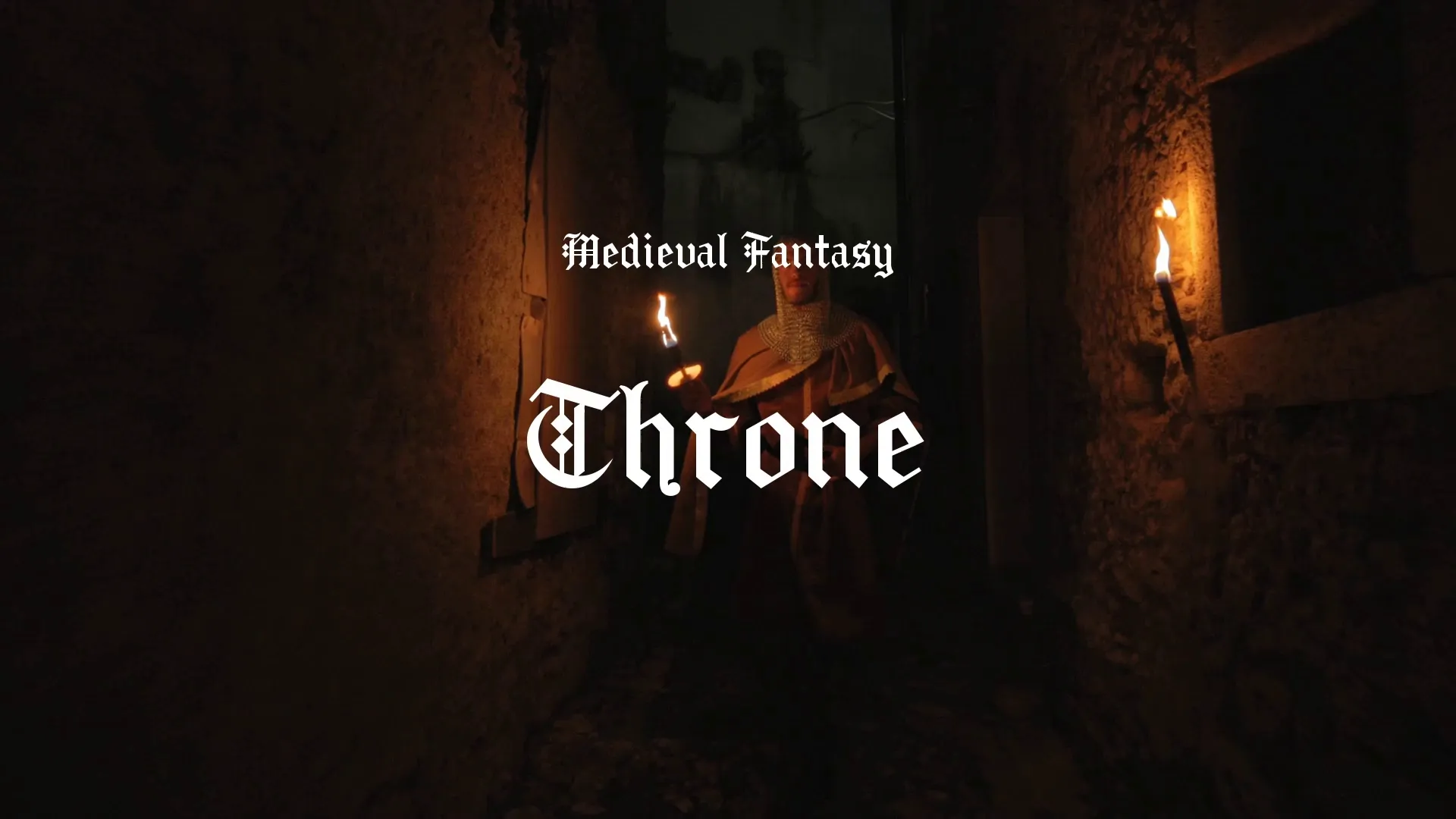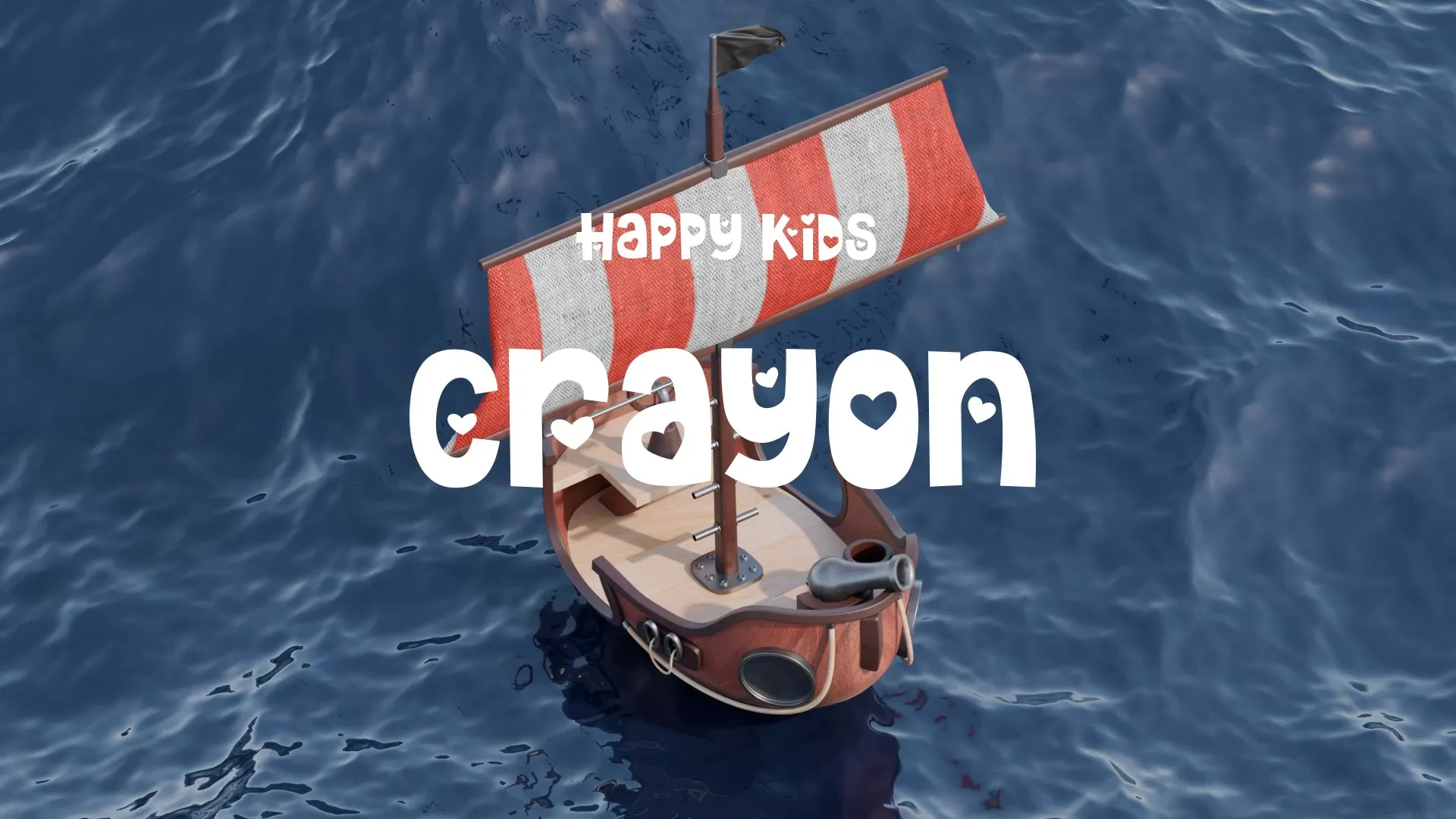How to Track Game Development Progress: Tools & Strategies for Indie Teams
Indie game development thrives on momentum, yet many teams struggle to consistently track their progress. Without clear visibility, projects can drift, deadlines slip, and budgets inflate. Effective progress tracking is not about micromanagement, but about empowering your team with data to make informed decisions and maintain velocity.
Measuring progress effectively requires understanding what metrics truly matter for game development. Focus on indicators that reflect tangible advancements, not just activity.
Key Metrics for Game Development Progress
Velocity: This measures the amount of work completed in a specific timeframe, often expressed in story points or completed tasks. Tracking velocity helps predict future completion rates and identify bottlenecks.
Burn-down/Burn-up Charts: A burn-down chart visualizes remaining work against time, while a burn-up chart tracks completed work. Both provide a clear visual representation of project status and trajectory.
Task Completion Rate: Monitor the percentage of planned tasks completed within a sprint or milestone. A consistently low completion rate signals issues with planning, scope, or resource allocation.
Bug Count & Resolution Rate: A rising bug count or slow resolution rate indicates potential quality issues or insufficient testing. This metric directly impacts the game’s polish and release readiness.
Asset Production Status: For artists and designers, tracking asset creation from concept to implementation is crucial. Ensure a clear pipeline from ideation to in-engine integration.
Choosing the Right Tools for Tracking
Selecting the appropriate tools is foundational for robust progress tracking. Generic project management software often falls short for game development’s unique needs.
Dedicated Game Dev Task Trackers: Tools like Wayline’s Momentum are built specifically for game development workflows. They allow for granular task breakdown, dependency tracking, and visual progress reporting tailored to game projects.
Spreadsheets: While basic, spreadsheets can be effective for small teams or specific tracking needs like asset lists or simple bug logs. However, they lack automation and collaboration features of dedicated tools.
Version Control Systems (VCS): Git or Perforce are indispensable for code and asset management. Their commit history provides an implicit record of progress, though not a high-level overview.
Create a free account, or log in.
Gain access to free articles, game development tools, and game assets.




.webp)





.webp)












